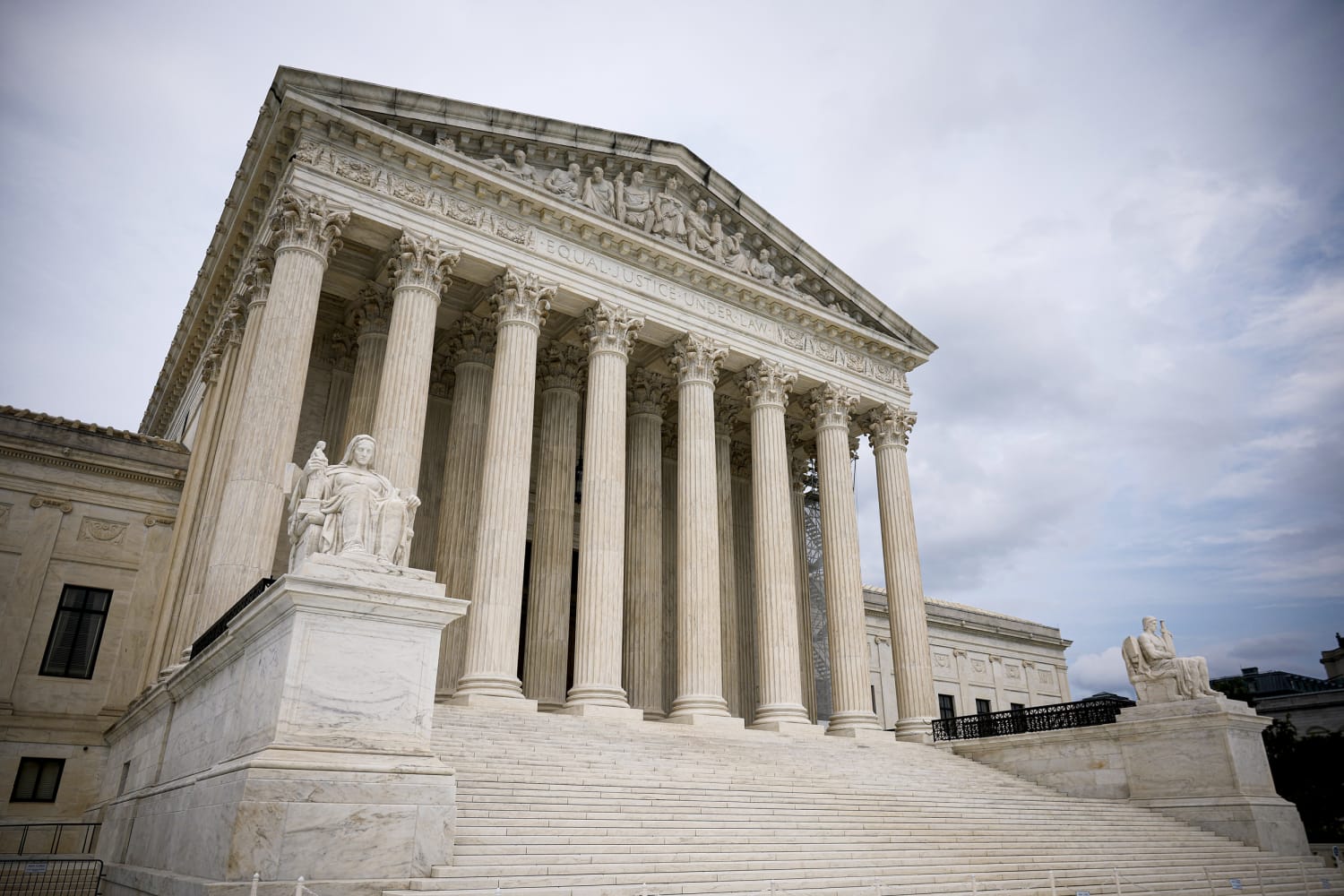Justice Scalia
The Overlooked Precedent Supporting EPA Regulation of Greenhouse Gases
Even Roberts and Scalia agreed that Mass. v. EPA is the law
An important precedent has been overlooked in the coverage of the Trump EPA’s repeal of the 2009 Endangerment Finding. The 2009 finding relied was based on , in which the Court had held that the Clean Air Act covers air pollution and directed EPA to determine whether greenhouse gases are harmful. One reason to worry about the litigation is that the conservatives Justices all dissented from Massachusetts v. EPA over the repeal. But there’s another equally important precedent: American Electric Power v. Connecticut (AEP). That ruling was joined by Chief Justice Roberts and Justice Scalia, so it may carry more weight.
CONTINUE READINGWetlands, the Clean Water Act & the Supreme Court: the Sacketts Return to Washington
Justices Grant Review (Again) in the Sacketts’ Longstanding Wetlands Battle With the Government
This week the U.S. Supreme Court agreed to hear the case of Sackett v. USEPA, No. 21-454, an important appeal involving the scope of federal authority to regulate wetlands under the Clean Water Act. If the Sackett litigation sounds familiar, it should: the case has been pending for well over a decade, and this is …
CONTINUE READINGOn This Date in History: Property Rights Won Big in the Supreme Court
June 29, 1992 was a great day for property rights advocates. But what came later wasn’t so good.
On this date in 1992, the property rights movement achieved its greatest victory in the form of the Supreme Court’s Lucas ruling. The campaign to protect property rights seemed to have huge momentum. But things didn’t work out that way. For property rights advocates, Lucas turned out to be a false dawn. Mr. Lucas owned …
Continue reading “On This Date in History: Property Rights Won Big in the Supreme Court”
CONTINUE READINGHow Difficult Will It Be for the Trump Administration to Replace the Clean Water Rule?
The Administration is Poised to Act, But Legal Challenges, Procedural Hurdles, and Internal Conflict Are Likely to Make It Difficult
On Monday, I posted a quick summary of the Trump administration’s recent action to start rolling back the Clean Water Rule, a joint rule by the Environmental Protection Agency and U.S. Army Corps of Engineers that defines the range of waterways the Clean Water Act protects. The proposed action the agencies announced last week, …
CONTINUE READINGWhither the 2016-17 Court on Environmental Cases?
Docket so far limited to a significant takings case, Murr v. Wisconsin
So far, the docket for the U.S. Supreme Court’s term beginning in October includes no significant statutory environmental case. It does include an important takings case that could limit or expand the land use powers of all levels of government to protect wetlands, endangered species habitat, and other ecologically sensitive parcels. Whether the Court ultimately …
Continue reading “Whither the 2016-17 Court on Environmental Cases?”
CONTINUE READINGWhat Does Justice Scalia’s Death Mean for the Clean Power Plan?
Basically, everything
I am very sensitive to the emotions surrounding the sudden death of Justice Antonin Scalia and feel deep sympathy for his family, many friends and colleagues. He was a towering intellectual force and we will be dissecting his influence for years to come. Yet the death of a public figure — especially one as …
Continue reading “What Does Justice Scalia’s Death Mean for the Clean Power Plan?”
CONTINUE READINGJustice Scalia and Environmental Law
Scalia’s decisions were almost unremittingly anti-environmental.
Over the past three decades, Justice Scalia did much to shape environmental law, nearly always in a conservative direction. Because of the importance of his rulings, environmental lawyers and scholars are all familiar with his work. But for the benefit of others, I thought it might be helpful to summarize his major environmental decisions. The …
Continue reading “Justice Scalia and Environmental Law”
CONTINUE READINGAn Inconvenient Logic
Justice Scalia’s argument in the FERC case contradicts his attack on Obamacare.
They say consistency is the hobgoblin of small minds. If so, Justice Scalia is in good shape. His argument last week in the FERC argument was totally inconsistent with his argument against the constitutionality of Obamacare. Both cases involve change in the incentives to enter a market in the first place. In the Obamacare case, …
Continue reading “An Inconvenient Logic”
CONTINUE READINGMichigan v. EPA: Policymaking in the Guise of Statutory Interpretation
In Michigan v. EPA, the majority followed its own policy views, not those in the statute.
The majority opinion by Justice Scalia has gotten most of the attention. Most notably, he wrote that “[o]ne would not say that it is even rational, never mind “appropriate”, to impose billions of dollars in economic costs for a few dollars in health or environmental benefits.” Indeed, “[n]o regulation is ‘appropriate’ if it does significantly …
Continue reading “Michigan v. EPA: Policymaking in the Guise of Statutory Interpretation”
CONTINUE READINGMATS Rules Declared Invalid in Michigan v. EPA, 5-4
Opinion by Scalia Based on Meaning of “Appropriate”
The U.S. Supreme Court today struck down EPA’s rules governing toxic emissions from power plants. My first take on the opinion, by Justice Scalia, is that while the outcome is bad for the agency, the reasoning appears not to be a radical departure from existing doctrine, with one worrisome tidbit thrown in. Justice Scalia used …
Continue reading “MATS Rules Declared Invalid in Michigan v. EPA, 5-4”
CONTINUE READING









